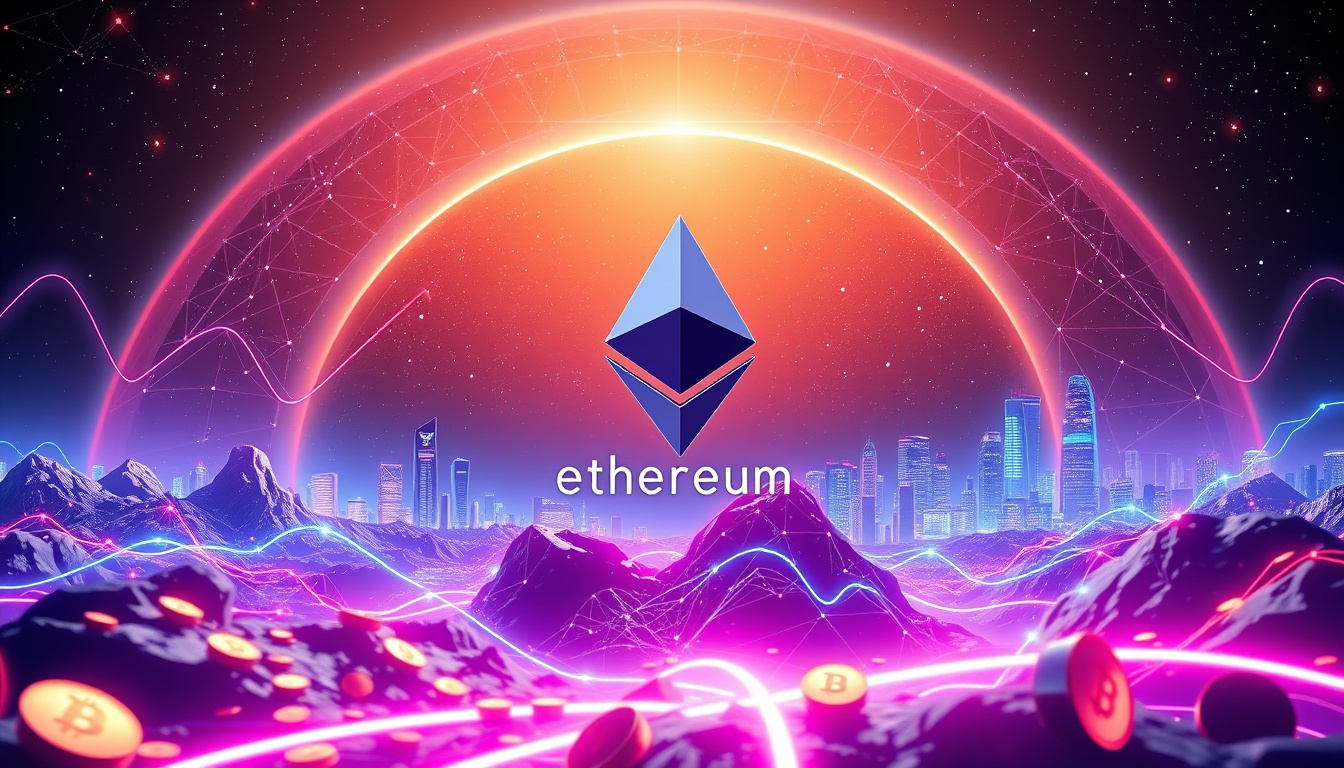Table of Contents
The question of whether China will invade Taiwan in the coming years is not merely speculation but draws on an intricate historical narrative and complex geopolitical maneuvers. Recent statements from top U.S. military and intelligence officials indicate a looming deadline, suggesting that China may attempt to seize Taiwan by 2027. This article aims to dissect the historical context behind Taiwan's current status, the evolving political dynamics on both sides of the Taiwan Strait, and the implications of potential military conflict.
Historical Context
The narrative of Taiwan and China extends back to the Chinese Civil War, which ended in 1949. The losing side of the conflict, the Kuomintang (KMT), retreated to Taiwan, establishing the Republic of China (ROC), which viewed itself as the legitimate government of all China. Conversely, the victorious Communist Party of China (CPC) founded the People’s Republic of China (PRC) and aimed to reclaim Taiwan. The Korean War in the early 1950s froze military ambitions, leading to decades of a complex status quo marked by conflicting claims.
Since the late 20th century, particularly after 1979, the PRC's strategy shifted from outright force to a narrative of peaceful reunification, albeit with a strict red line against any moves toward Taiwanese independence. The essence of the "One China" principle underlies Beijing's position — they reject any notion of Taiwan as a separate entity, framing it as a renegade province.
Evolving Political Dynamics
Posturing around Taiwan's sovereignty has shifted significantly. The prior military rule of the ROC ended in 1987, leading to a greater focus on Taiwan's identity, which increasingly distinguishes itself from the mainland. The island’s current political landscape features two dominant parties: the KMT, which advocates for closer ties with mainland China, and the Democratic Progressive Party (DPP), which leans toward independence.
The DPP's approach is cautious; while they publicly reject the One China principle, they have also avoided blatant declarations of independence that could provoke Beijing. President Tsai Ing-Wen epitomizes this nuanced stance by asserting that Taiwan is already a de facto sovereign state without issuing an official independence declaration.
Beijing’s apprehension centers largely around the DPP's engagement with international actors and its efforts to secure diplomatic recognition. The U.S.'s historical support for the ROC complicates matters further, particularly after the U.S. shifted its recognition to the PRC in the 1970s while secretly continuing arms sales to Taiwan. This dichotomy fuels resentment from Beijing, which sees increased Western influence in Taiwan as a direct challenge to its sovereignty.
The Imminent Threat
The increasing rhetoric and military posturing from China, combined with U.S. military support for Taiwan, create a precarious situation. The potential for a conflict between the U.S. and China over Taiwan could escalate swiftly into unprecedented wartime scenarios that would profoundly impact global stability.
Many military analysts argue that if China acts on its intention to unify Taiwan by force, it would not only reshape East Asia’s geopolitics but could also entail catastrophic consequences. The implications of such a conflict could lead to widespread destabilization, impacting economies and triggering civilizational crises beyond the immediate region.
Conclusion
The clock is indeed ticking when it comes to Taiwan’s future. As 2027 approaches, tensions may escalate due to political posturing, military build-up, or unanticipated events. Both Taiwan and China's current leadership will need to navigate these tensions with caution. The hopes for a diplomatic resolution and maintaining stability hinge on sustained dialogue and mutual recognition of each other's positions.
Understanding the complex interplays of history, politics, and military power is crucial for grasping the gravity of the situation. As analysts continue to monitor developments, one question remains crucial: Will conflict be averted, or is a clash of titans on the horizon? The coming years will reveal whether dialogue can sustain peace or if history's unresolved issues will culminate in confrontation.
By Wolfy Wealth - Empowering crypto investors since 2016
[highlight=transparent]⚡️Exclusive research[/highlight]
[highlight=transparent] 📈 Early signals[/highlight]
[highlight=transparent] 📬 Weekly reports[/highlight]
[highlight=transparent] Just what you need to win in crypto. [/highlight][highlight=transparent]Click [/highlight]Here
Disclosure: Authors may be crypto investors mentioned in this newsletter. Wolfy Wealth Crypto newsletter, does not represent an offer to trade securities or other financial instruments. Our analyses, information and investment strategies are for informational purposes only, in order to spread knowledge about the crypto market. Any investments in variable income may cause partial or total loss of the capital used. Therefore, the recipient of this newsletter should always develop their own analyses and investment strategies. In addition, any investment decisions should be based on the investor's risk profile.









